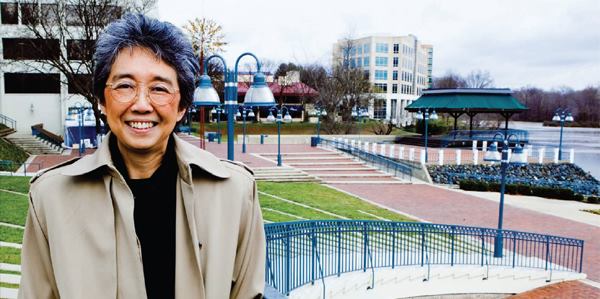But she was about to start a new legacy on the West Coast. Koo found a job at Fremont Public Association, where she helped turn the old Wintonia Hotel in Seattle’s Capitol Hill area into 982 units of affordable housing for individuals with alcohol, substance abuse, and mental health problems. This wasn’t an easy task. The parents of children at a nearby private school were wary of the new neighbors. But Koo pulled those parents into the development process—eventually, she says, they became the project’s biggest supporters.
After noticing how Koo doggedly overcame fierce community opposition and succeeded, the Seattle Housing Authority came knocking. The agency had received grants for four Hope VI redevelopments and wanted Koo to convince the public housing residents, traditionally distrustful and antagonistic toward the housing authority, to buy into the development. She did this by giving them options—letting them decide whether they wanted to come back to the new development, what features they wanted in the projects, and what services they desired.
“Doris was the shepherd of getting those [built], setting that vision, and moving forward,” says Norman Rice, Seattle’s former mayor and current chairman of Enterprise Community Partners.
Koo’s friends at Enterprise were watching. In 2001, nearly 10 years after Koo moved to Seattle, Harvey convinced her to become Enterprise’s Western regional vice president. She was charged with connecting Enterprise to local housing authorities and other mission-driven developers—something that hadn’t always happened in the past.
In 2005, events beyond Koo’s control overtook the plans for her region. Hurricane Katrina stormed ashore in New Orleans leaving millions homeless and seeking shelter in Austin, San Antonio, and Dallas—three cities under Koo’s jurisdiction. Instead of hastily producing housing in those cities, Koo felt strongly that Enterprise had to lead the rebuilding effort in the Gulf Coast. “I told Bart Harvey that even though we had no presence in New Orleans, this crisis had peeled off a scar for the entire country to see—the extreme inequality between rich and poor and the lack of a decent housing structure,” Koo says. “Enterprise does not deserve to be a leader in the affordable housing field if it does not propose a solution to rebuild.”
